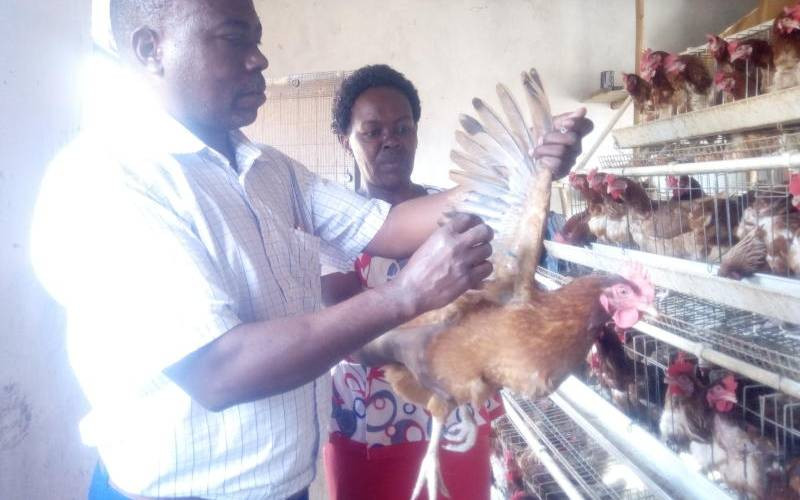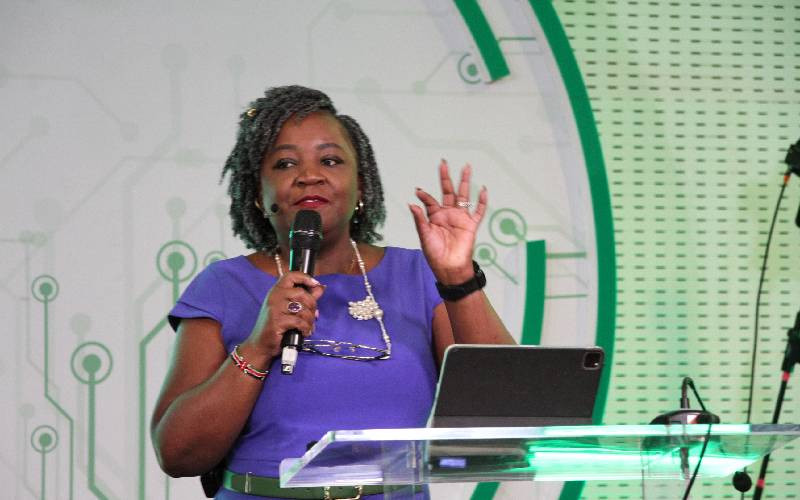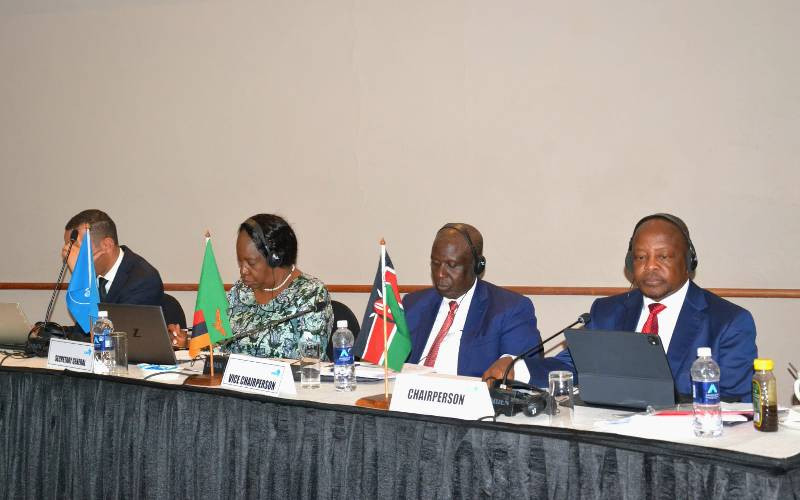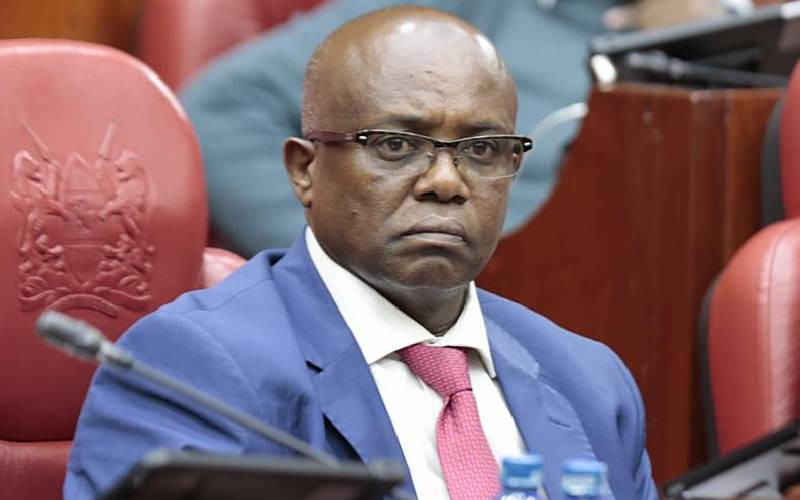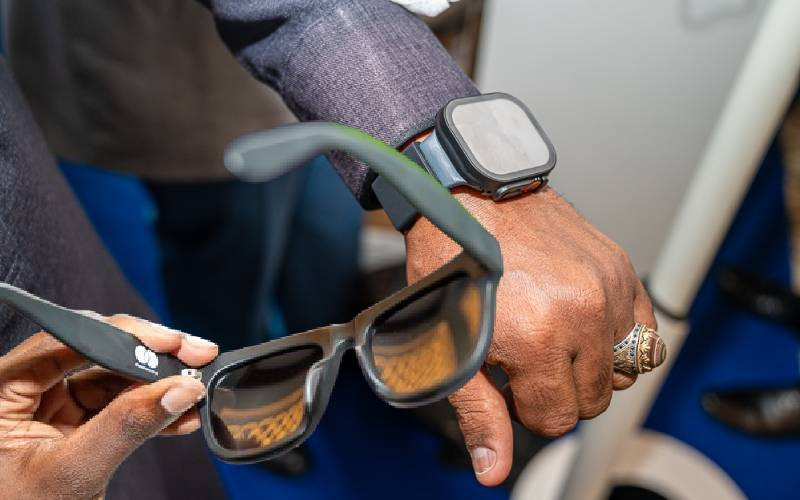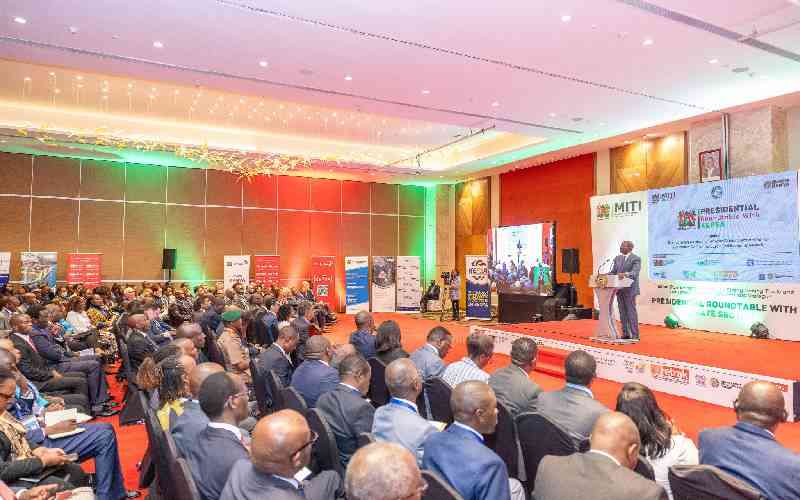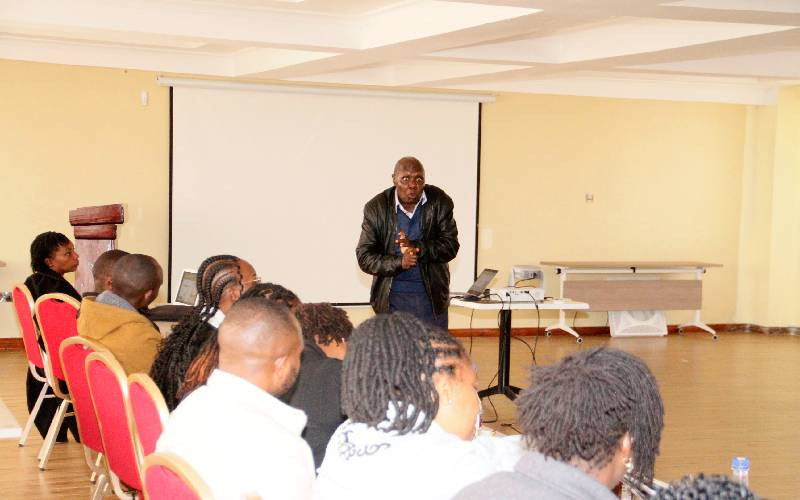
Despite Kenya's strict laws against Female Genital Mutilation (FGM), international human rights organizations are expressing concerns over the low number of cases reaching court.
This is primarily due to difficulties in collecting, preserving, and presenting medical evidence.
While the national prevalence of FGM among women aged 15 to 49 has decreased from 21 per cent in 2014 to 15 per cent in 2022, only a small fraction of reported cases are successfully prosecuted.
According to a United Nations report, 91 FGM cases were registered in the country between December 2021 and June 2022. Of these, only 24 cases were concluded, while the remaining 67 are still pending.
In Narok County, known as an FGM hotspot, 14 cases were filed during this period, none of which reached a conclusion.
In response to this issue, a two-day workshop was held from August 4 to 5, 2025, at the Mara Frontier Hotel in Narok town.
The training aimed to bridge the gap between the medical and legal systems by equipping medical professionals—primarily doctors and clinical officers from the Narok Referral Hospital—with critical forensic and legal skills to support the prosecution of FGM cases.
The workshop was organized by Equality Now in collaboration with the Africa Coordinating Centre for Abandonment of FGM/Cutting (ACCAF) and the Tasaru Ntomonok Initiative (TNI).
It focused on improving healthcare workers' capacity to document, preserve, and present medical evidence essential for achieving successful legal outcomes.
“Our goal is to equip medical professionals with the legal knowledge and practical skills necessary to support the justice system in prosecuting FGM cases,” said Caroline Lagat, Programme Officer at Equality Now.
“They play a vital role in documenting and preserving evidence that can determine a case's outcome in court.”
Lagat emphasized the importance of building the capacity of frontline health workers, noting that survivors deserve access to justice, which hinges on proper evidence collection and presentation.
Stay informed. Subscribe to our newsletter
Dr. Jacqueline Chesang of ACCAF echoed these sentiments, stressing the importance of sensitivity and professionalism when handling FGM survivors.
"Proper documentation is crucial to ensuring that survivors can access justice and that offenders are held accountable," she stated.
Prof. Ndari Muia, ACCAF Coordinator and Director of the Department of Obstetrics and Gynaecology at the University of Nairobi, pointed out that many FGM-related cases collapse in court due to poor or incomplete documentation.
“Very few perpetrators of FGM are ever convicted, not because the law is lacking, but because the necessary evidence often does not meet the legal threshold,” said Prof. Muia.
“We are teaching practitioners how to collect and preserve biological samples, transport evidence properly, and understand what is needed for it to hold up in court.”
According to the 2022 Kenya Demographic and Health Survey, Narok County still has one of the highest FGM prevalence rates in the country at 51%, although this marks a significant drop from 78 per cent in 2014.
The county also records high rates of teenage pregnancies and early marriages, issues that are closely tied to FGM.
The recent training is part of the Gender Justice Project, implemented by Equality Now across six counties—Busia, Kajiado, Kisumu, Kwale, Makueni, and Narok—over the past seven years. The project aims to strengthen the enforcement of gender-based laws and policies.
In July 2024, a similar training was conducted for gender desk police officers in Narok.
Organizers state that training both law enforcement officers and healthcare providers is key to improving coordination within the justice system—from the moment the evidence is collected to the final prosecution.
During the workshop, participants engaged in hands-on training in forensic documentation, reviewed Kenya's anti-FGM legal framework, and shared experiences and challenges through peer learning sessions.
Encouragingly, recent interventions appear to be yielding results. Since February 2024, numerous FGM-related cases have been prosecuted in Narok County, including a landmark case involving a local chief who permitted his daughter to undergo the procedure.
As the workshop concluded, participants reaffirmed their commitment to combating FGM, pledging to treat survivors with dignity while ensuring that accurate and thorough medical documentation supports the pursuit of justice.
